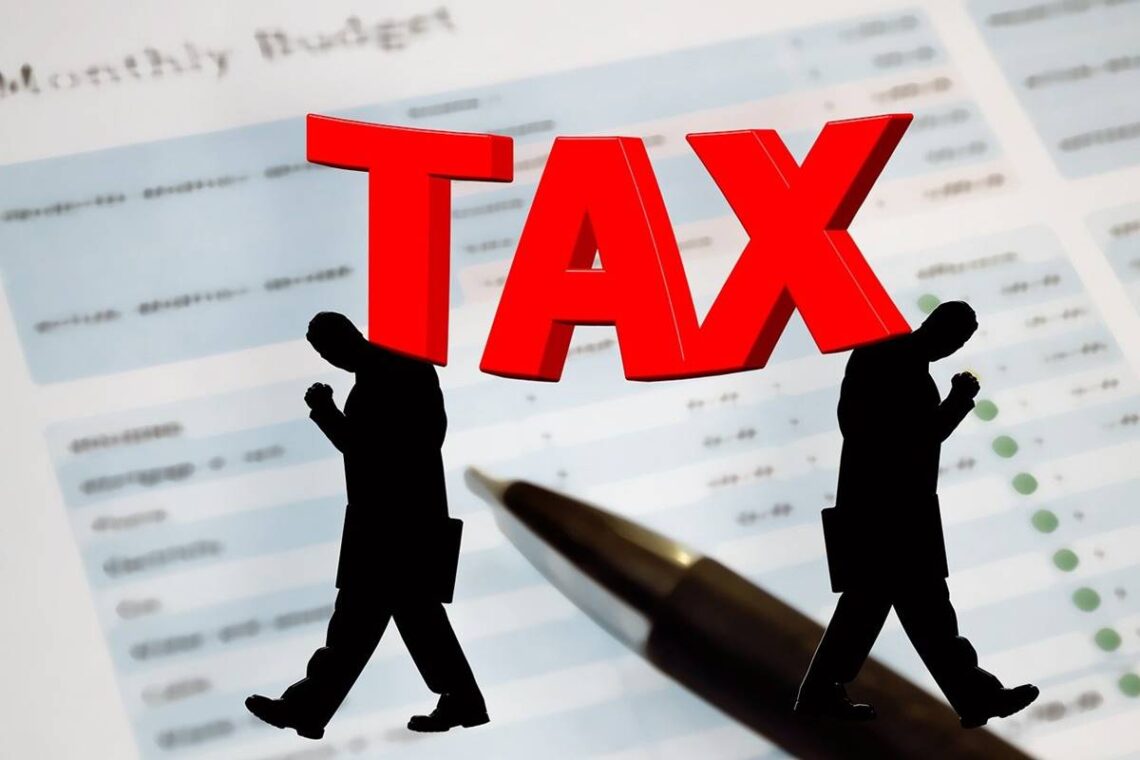The government is considering a 1% increase in the General Sales Tax (GST) rate for the upcoming 2024-25 budget to align with the International Monetary Fund (IMF) requirements. This measure could generate Rs. 180 billion in revenue for the next fiscal year if implemented.
Furthermore, the government is considering standardizing the GST rate across all sectors, eliminating various different rates. It means everything being sold will have the same amount of GST.
For Personal Income Tax (PIT), the IMF has suggested increasing the tax rate for higher income earners, raising the maximum rate from 30% to 40%. However, the proposal to tax pensioners receiving over Rs100,000 monthly has been deferred.
The IMF has provided its draft report and Memorandum of Economic and Financial Policies (MEFP) to Pakistani officials, urging strict budgetary measures. These include raising the GST rate by 1% and increasing tax rates for the higher-income salaried class.
A senior official stated that discussions are ongoing, and the government aims to implement the agreed-upon measures in the budget to facilitate the signing of the Staff Level Agreement (SLA) post-budget approval. The IMF targets a Federal Board of Revenue (FBR) tax collection of Rs. 12.9 trillion for 2024-25, whereas the FBR aims for Rs. 12.5 trillion.
The IMF wants to talk with local governments to make sure agricultural taxes are the same across the country. They also suggest getting rid of the special tax rules for small manufacturing businesses and gradually removing special tax rules for the construction sector, so that everyone follows the same standard tax rules.
Key IMF recommendations include:
- Raising the GST standard rate from 18% to 19%.
- Increasing the maximum PIT rate for high earners from 30% to 40%.
- Reducing PIT slabs from seven to four, with a new maximum rate structure for incomes exceeding Rs6,000,000.
- Eliminating zero-rating (Fifth Schedule) except for exports and standardizing all other goods’ GST rates.
- Limiting exemptions (Sixth Schedule) to residential property (excluding the first sale) and standardizing the GST rate for other goods.
- Adjusting fuel taxation in line with regional and emerging economy averages.
- Removing reduced GST rates under the Eighth Schedule, except for essential items like food, education, and health goods, which would be taxed at a reduced rate of 10%.
- Eliminating distortionary tax policy changes and minimum taxes.
- Repealing the discretionary powers of the FBR and cabinet to grant tax incentives, making future incentives time-bound and regularly assessed.
The IMF recommends changing the remaining incentives to be based on costs, improving minimum tax rules, and making corporate tax management better. These actions aim to stabilize the country’s financial system and help it meet international financial requirements.

















